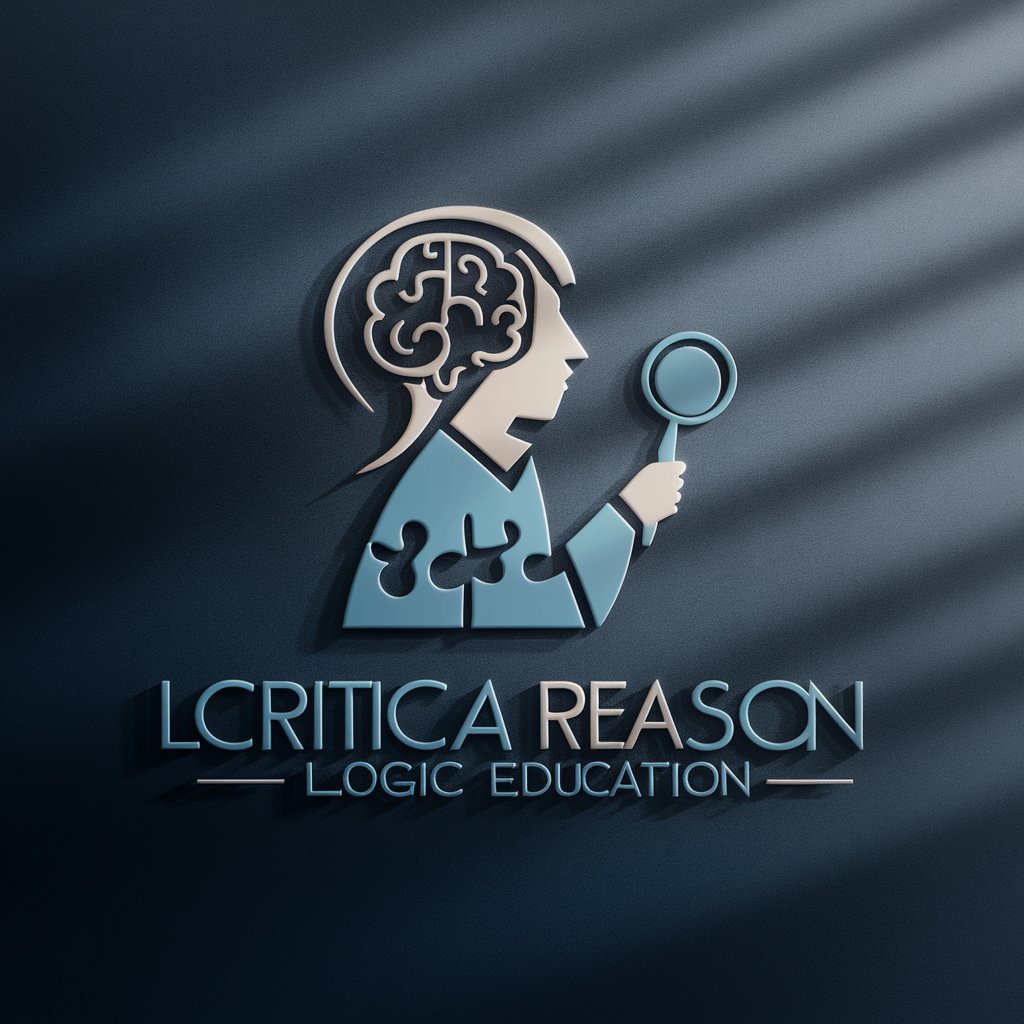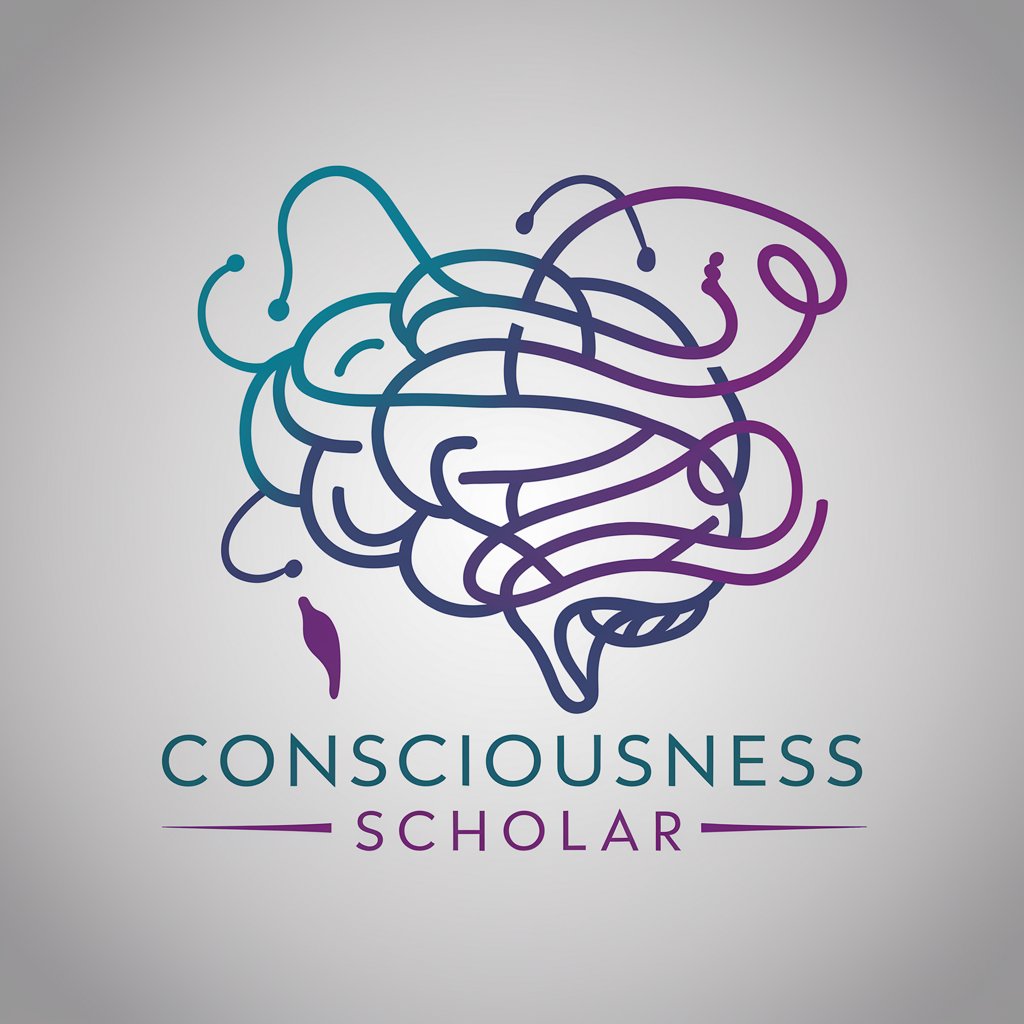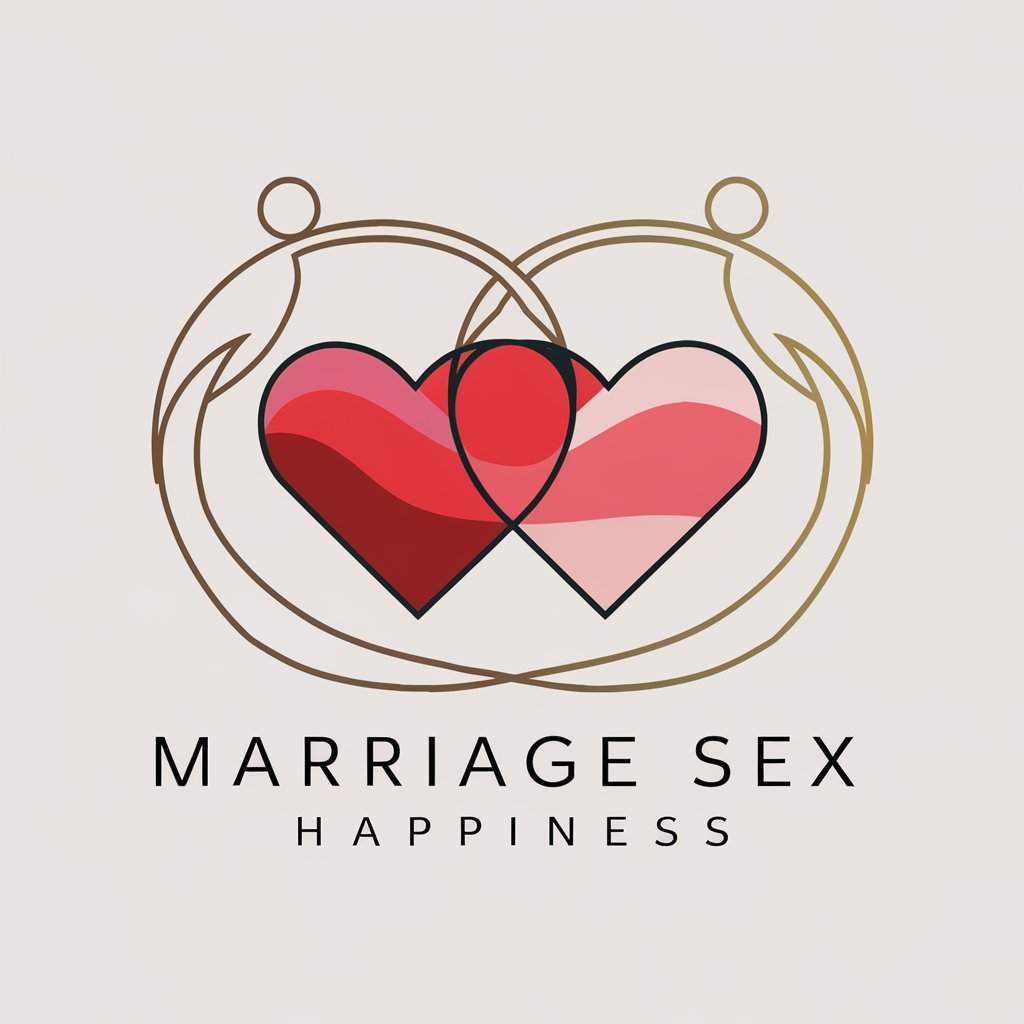
Critical Reasoning and Logic - Critical Thinking Enhancement

Welcome to your journey in critical reasoning and logic!
Sharpen Your Mind with AI-Powered Reasoning
Explain the importance of logical fallacies in critical reasoning.
How can one develop better analytical thinking skills?
Describe a common logical fallacy and how to avoid it.
What are the key principles of sound argumentation?
Get Embed Code
Introduction to Critical Reasoning and Logic
Critical Reasoning and Logic is a specialized area of study and application within philosophy and cognitive science that focuses on analyzing arguments, identifying logical fallacies, and constructing coherent, logically sound statements and theories. It involves understanding the structure of arguments, the relationships between premises and conclusions, and the use of deductive and inductive reasoning to evaluate the validity and soundness of arguments. For example, consider the argument: 'All humans are mortal. Socrates is human. Therefore, Socrates is mortal.' This argument is an instance of deductive reasoning, where the conclusion necessarily follows from the premises if they are true. The design purpose of Critical Reasoning and Logic is to foster clear, precise, and critical thinking, enabling individuals to navigate complex arguments, make informed decisions, and engage in reasoned debate. It equips users with the tools to dissect and evaluate the reasoning behind claims, arguments, and beliefs, encouraging a deeper understanding of various subjects and discussions. Powered by ChatGPT-4o。

Main Functions of Critical Reasoning and Logic
Analysis of Arguments
Example
Identifying logical structures and fallacies in political speeches.
Scenario
In a classroom setting, students are presented with segments of political speeches. They use critical reasoning and logic to identify arguments' premises and conclusions, assess the validity of the reasoning, and pinpoint any logical fallacies, such as ad hominem attacks or false dilemmas.
Construction of Logical Arguments
Example
Developing a logically coherent argument for a research paper.
Scenario
A researcher formulates a hypothesis about the effects of social media on mental health. Using critical reasoning, they construct an argument supported by evidence, ensuring that each step of their reasoning is logically sound and clearly articulated, avoiding common pitfalls like circular reasoning or hasty generalizations.
Decision Making and Problem Solving
Example
Applying logical principles to evaluate solutions to a complex problem.
Scenario
A business analyst is tasked with identifying the most effective strategy to increase market share. By applying critical reasoning, they evaluate the potential outcomes of various strategies, considering logical implications and consequences, to make a reasoned decision supported by evidence and logical analysis.
Ideal Users of Critical Reasoning and Logic Services
Students and Educators
Students across various levels of education and educators in fields like philosophy, mathematics, and the sciences benefit from critical reasoning and logic to enhance learning, teaching methodologies, and academic research. It aids in developing analytical skills, understanding complex concepts, and engaging in intellectual discourse.
Professionals
Professionals in law, business, science, and technology use critical reasoning and logic to analyze data, make decisions, solve problems, and construct coherent arguments. It is crucial for strategic planning, risk assessment, and effective communication within these fields.
General Public
Individuals seeking to improve their critical thinking, decision-making abilities, and understanding of complex issues benefit from learning and applying principles of critical reasoning and logic. It empowers them to navigate information critically, engage in informed discussions, and make reasoned judgments in everyday life.

How to Use Critical Reasoning and Logic
Begin your journey
Start by accessing a free trial at yeschat.ai, which requires no login or subscription to ChatGPT Plus.
Identify your goal
Clarify your objectives for using critical reasoning and logic, whether for academic purposes, professional development, or personal interest.
Explore resources
Utilize the provided tutorials, examples, and exercises to familiarize yourself with critical reasoning and logical argumentation techniques.
Practice regularly
Engage with interactive exercises and apply critical reasoning in varied scenarios to enhance your analytical thinking skills.
Seek feedback
Use the platform's feedback mechanisms to assess your progress and areas for improvement in critical reasoning and logic.
Try other advanced and practical GPTs
Deontic 1 - Gen + Articles
Harnessing AI for Deontic Logic Insight

🔮观音灵签🔮
AI-powered ancient wisdom at your fingertips

推敲 Copilot
Revolutionize your writing with AI-powered rephrasing.

Consciousness Scholar
Bridging Science and Philosophy in Consciousness Studies

(孩子王系列)镜子画布小游戏
Craft Perfect Symmetry with AI

尤达大师
Empowering front-end innovation with AI

Oracle 知识官
Tailored AI for Oracle and Python

Vue Elite Engineer
Elevating Vue.js Development with AI

Finance Sam
Empowering your finance journey with AI

Swift Helper
Empowering Swift Development with AI

婚姻性福
Strengthening Bonds, Enhancing Happiness

Code Reviewer
Elevating Code Quality with AI

Q&A on Critical Reasoning and Logic
What is Critical Reasoning and Logic?
Critical Reasoning and Logic is a specialized tool designed to improve your ability to think analytically and argue logically. It provides resources and exercises for honing your skills in evaluating arguments, identifying logical fallacies, and constructing coherent arguments.
Who can benefit from using this tool?
Students, professionals, and anyone interested in enhancing their logical thinking and argumentation skills can benefit. It's particularly useful for those engaged in academic writing, debates, or any field that requires critical analysis and reasoning.
How does this tool differ from other educational resources?
This tool focuses specifically on critical reasoning and logic, offering interactive exercises and personalized feedback to help users develop these skills more effectively than through passive learning methods.
Can this tool help with academic writing?
Yes, it can significantly improve your academic writing by teaching you how to structure arguments logically, use evidence effectively, and identify and avoid logical fallacies.
Is there a community or forum for users to discuss and learn together?
While direct interaction with other users is not facilitated through the tool itself, users are encouraged to seek out external forums or study groups to discuss concepts and practice critical reasoning and logic together.